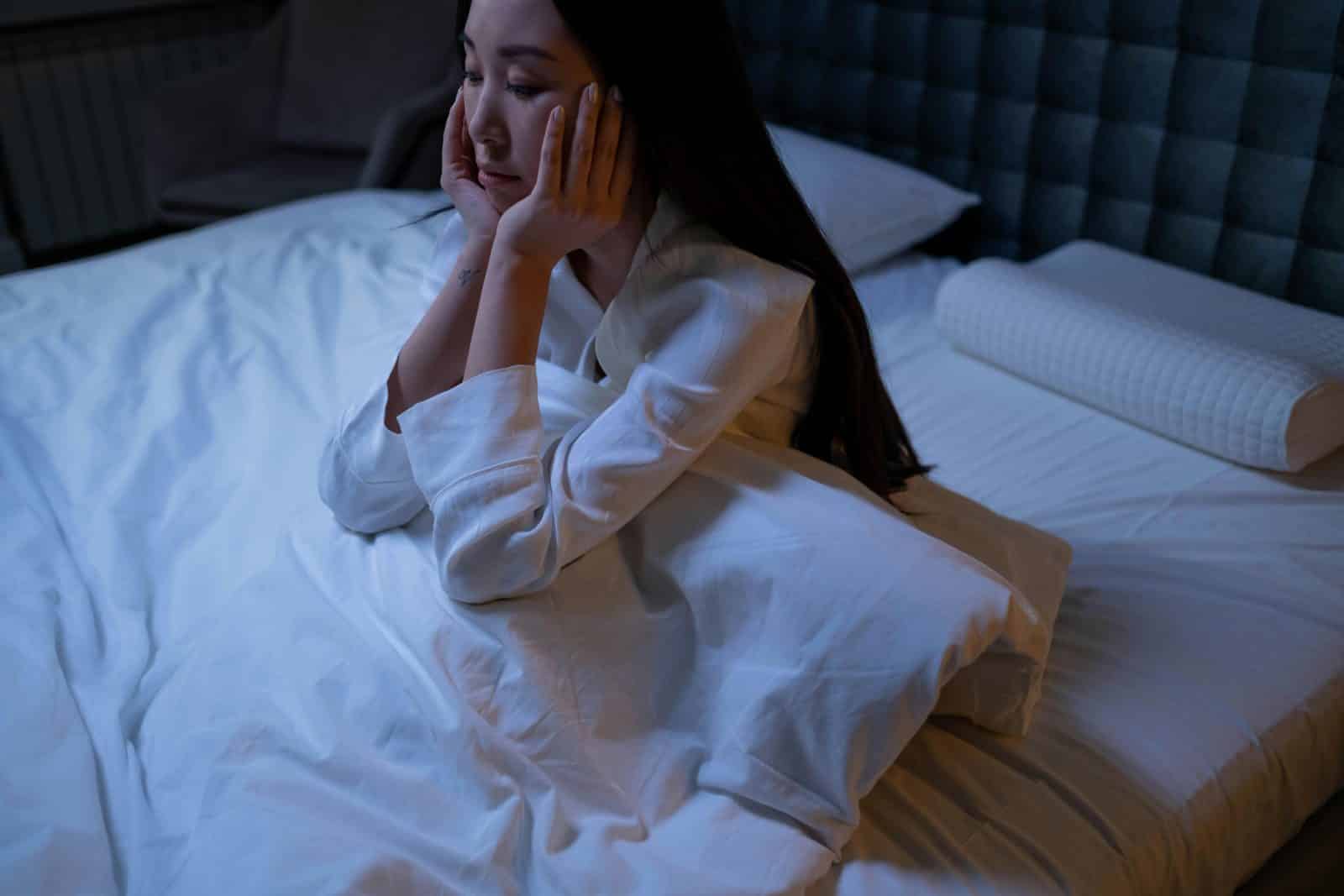It’s 6 AM. The sun’s rising, birds are chirping, and you’re either feeling like an early bird with a burst of energy or more like a groggy gremlin. If you’re the latter, don’t worry—you might just be a night owl. Understanding your chronotype (your body’s natural sleep-wake rhythm) could be the key to boosting your productivity, health, and overall happiness.
In this article, we’ll dive into how knowing your chronotype can help you live a balanced, fulfilling life.
What is a Chronotype?
Chronotypes refer to your body’s internal clock, which dictates when you naturally feel most awake and alert. In simpler terms, it’s your biological preference for when you’re most active—whether that’s in the morning or late at night.
These tendencies are influenced by your genetics, hormones, and even your age. For instance, kids often fall under the “morning lark” category, while teenagers tend to be night owls (thanks, puberty!). As you grow older, your chronotype may evolve, with some adults finding a middle ground as “hummingbirds.”
According to the University of Surrey’s research, chronobiology—the study of internal clocks—reveals that there are generally four main chronotypes: larks (early risers), owls (night dwellers), hummingbirds (a mix of both), and extreme cases that fall under ultra-early or ultra-late chronotypes.
Why Chronotype Matters
The idea that “one size fits all” when it comes to productivity and wellness simply isn’t true. Forcing a night owl to wake up at the crack of dawn for a workout, or asking a morning person to pull an all-nighter, is like trying to fit a square peg into a round hole. Understanding your chronotype can lead to more optimal daily routines.
Research has found that morning people are often more proactive and focused during the early hours. Meanwhile, night owls tend to experience a surge of creativity and problem-solving skills later in the day. By syncing tasks with your energy peaks, you can unlock your full potential. For example:
- Morning people excel at analytical or detail-oriented work at dawn.
- Night owls might unleash their creativity after dark, making evening the perfect time for brainstorming.
Is Being a Night Owl Bad for Your Health?
Night owls often face societal pressure to adapt to early morning schedules, but research from Northwestern University suggests this might not be the best for their health. Forced early rises can lead to a higher risk of conditions like heart disease and diabetes. However, when night owls are allowed to follow their natural rhythm, they can be just as healthy as morning larks.
The key here is aligning your lifestyle with your chronotype. For example, ensuring you get adequate sleep (7–9 hours) and not forcing yourself into unnatural routines can help reduce health risks.
Living by Your Chronotype
So, how can you make your chronotype work for you? Here are a few tips:
- Discover Your Chronotype: You can figure out your chronotype by using tools like the Munich Chronotype Questionnaire (it’s free and fun to try!).
- Optimize Your Schedule: Tailor your most demanding tasks to when your energy levels are at their peak. Morning people might do well with creative work early, while night owls may thrive with challenging tasks later in the day.
- Prioritize Sleep Hygiene: Whether you’re a night owl or an early riser, getting quality sleep is crucial. Avoid late-night screen time and aim for a consistent sleep schedule.
- Advocate for Flexible Work Hours: Remote work and flexible schedules make it easier than ever to sync your day with your natural chronotype.
A Balanced Takeaway
Your chronotype isn’t a flaw—it’s your superpower. Instead of fighting it, embrace it. Whether you’re an early riser who leaps out of bed or a night owl who thrives under the moonlight, understanding your chronotype is the key to a healthier, more productive life. By working with your natural rhythm, you can set yourself up for success.
For more information on sleep science, check out The Sleep Foundation or Why We Sleep by Matthew Walker—must-reads for anyone interested in understanding how sleep and chronotypes affect our well-being!
Recommended – How To Get 8 Full Hours of Sleep















